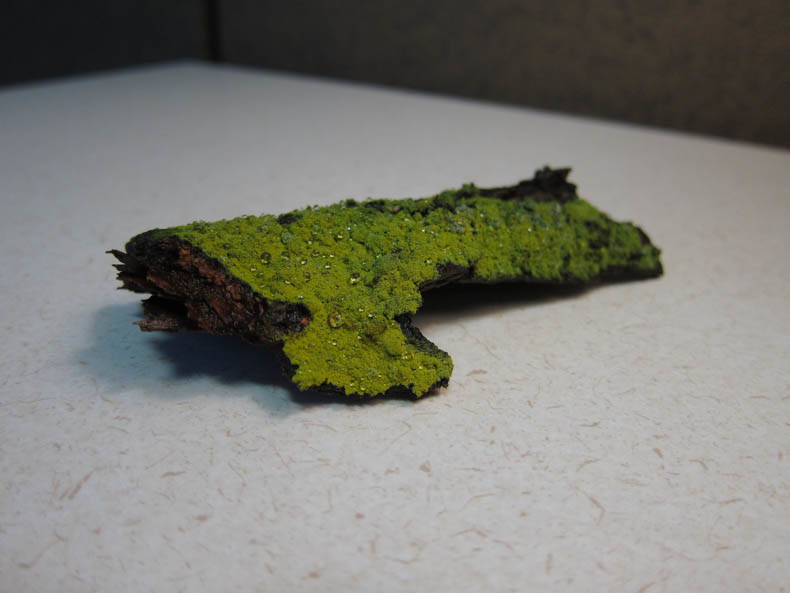This interview with Radiolab’s senior editor (also my husband) focuses on why the show hasn’t done a story on climate change. It originally ran on May 22, 2014. Since then, Radiolab host Jad Abumrad has spoken the words “climate change” on air . . . as part of an episode on nihilism. Progress? (The show is actually one of my very favorites. You should listen.)
The most recent report from the International Panel on Climate Change (IPCC) doesn’t pull any punches. The globe continues to warm, ice continues to melt at an alarming pace, and the seas continue to rise. Climate change isn’t some distant dilemma. It’s already happening. The science is solid, and the problem is urgent. “Nobody on this planet is going to be untouched by the impacts of climate change,” said IPCC chairman Rajendra Pachauri at a news conference in March. Continue reading
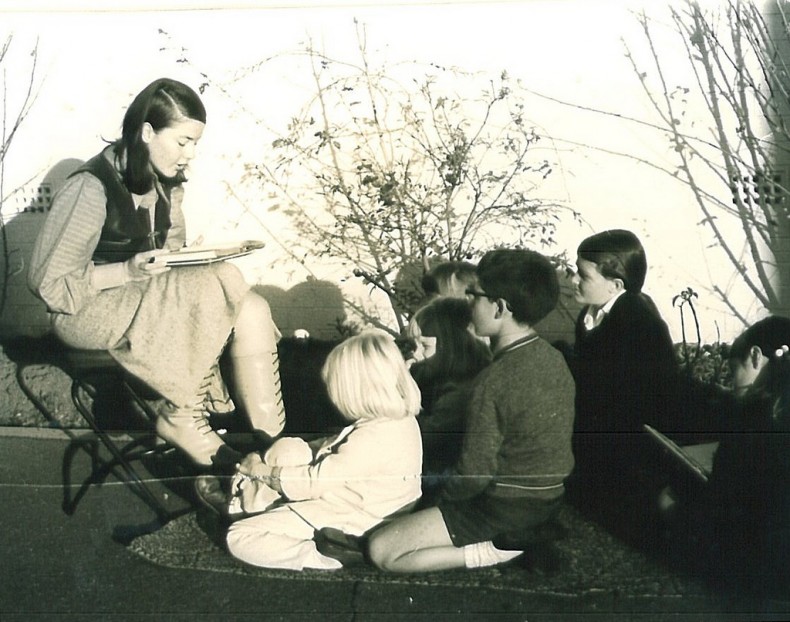
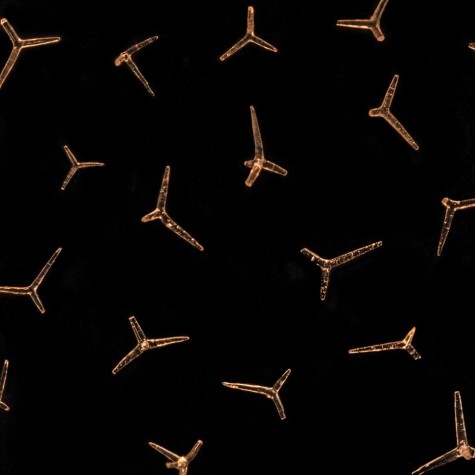
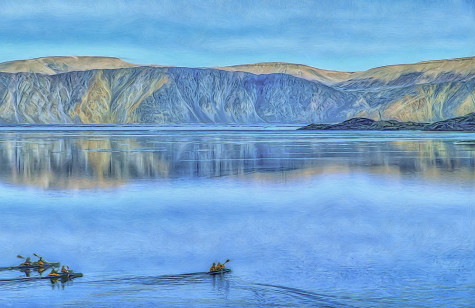
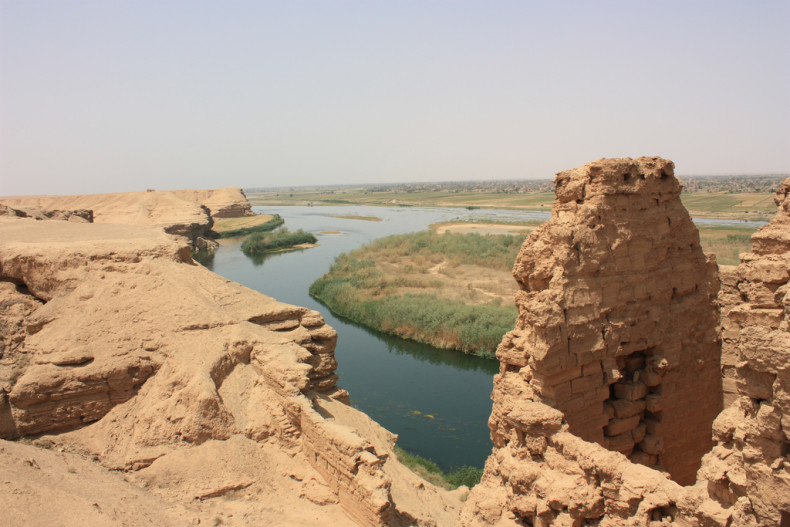
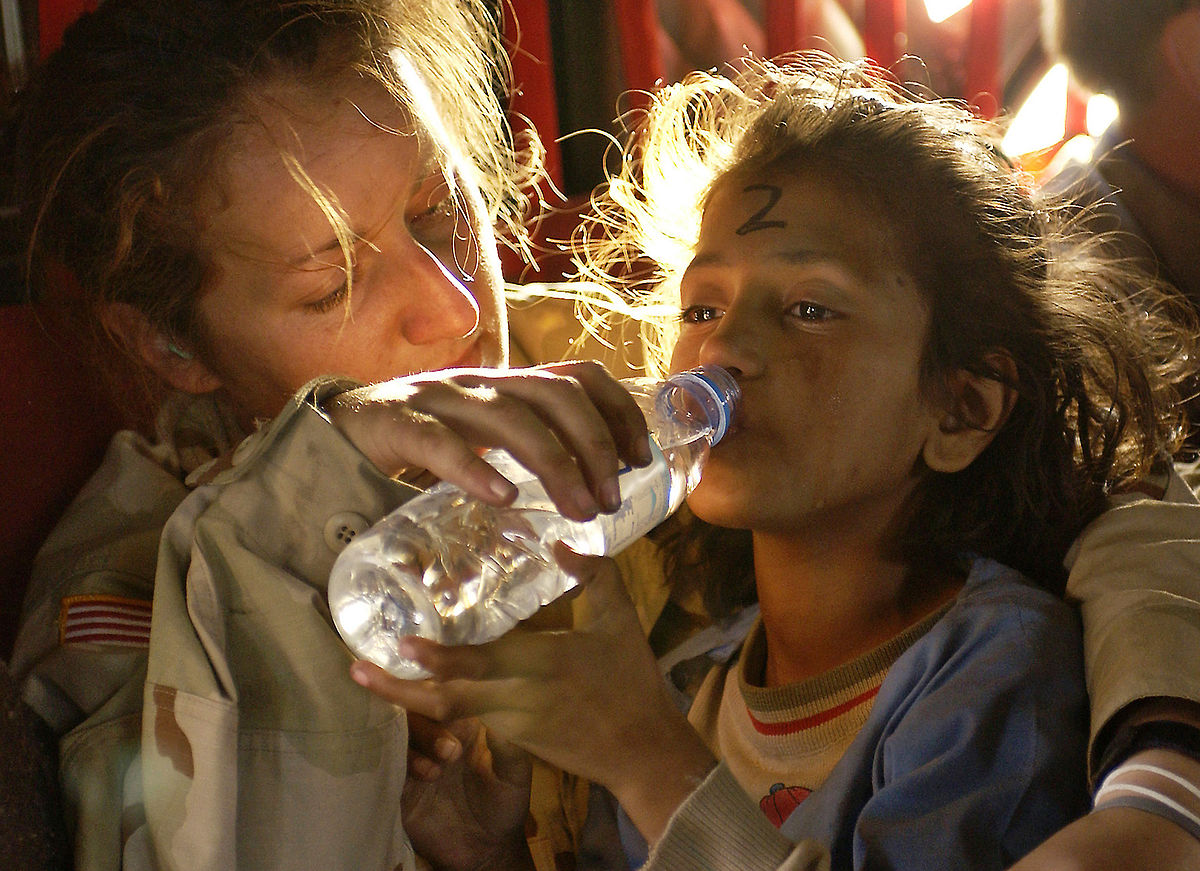
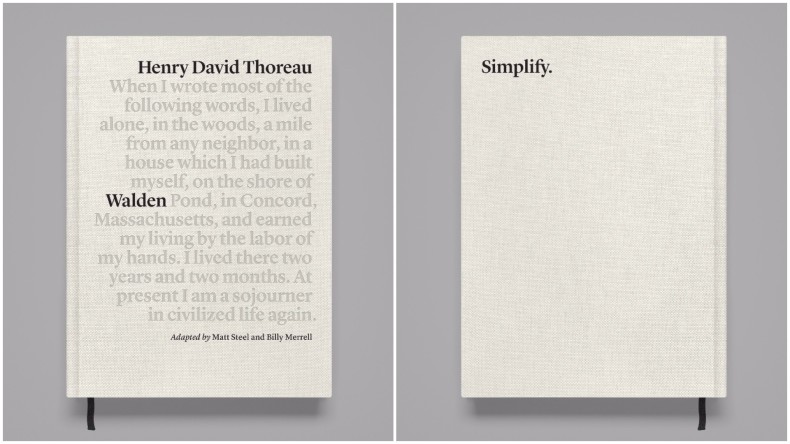
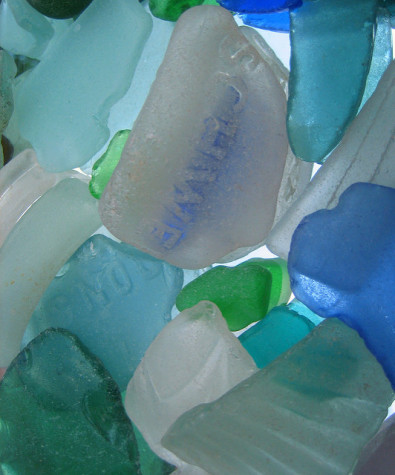 There is a blue velour–covered box in my house marked with the face of a pirate and the word “Plunder.” Like any piratical treasure trove, there are golden coins inside. There are also marbles, leftover buttons, and crow feathers. Sometimes, I’m not quite sure what makes some of the things inside the box so valuable. But there are a few small bits of colored glass in there that give me the itchy fingers a pirate might have had when discovering a map with a large X on it and a promise of doubloons.
There is a blue velour–covered box in my house marked with the face of a pirate and the word “Plunder.” Like any piratical treasure trove, there are golden coins inside. There are also marbles, leftover buttons, and crow feathers. Sometimes, I’m not quite sure what makes some of the things inside the box so valuable. But there are a few small bits of colored glass in there that give me the itchy fingers a pirate might have had when discovering a map with a large X on it and a promise of doubloons.